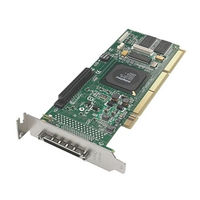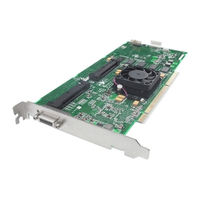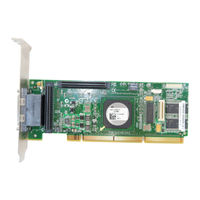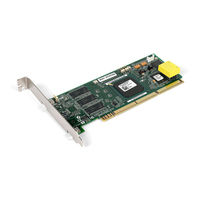User Manuals: Adaptec 4800SAS Attached SCSI RAID
Manuals and User Guides for Adaptec 4800SAS Attached SCSI RAID. We have 5 Adaptec 4800SAS Attached SCSI RAID manuals available for free PDF download: User Manual, Installation And User Manual, Installation Manual, Read Me
Adaptec 4800SAS User Manual (157 pages)
Adaptec RAID 2130SLP RAID Controllers: User Guide
Table of Contents
Advertisement
Adaptec 4800SAS Installation And User Manual (137 pages)
SAS, SATA, and SCSI RAID Controllers
Brand: Adaptec
|
Category: Computer Hardware
|
Size: 3 MB
Table of Contents
Adaptec 4800SAS Installation And User Manual (134 pages)
SAS, SATA, and SCSI RAID Controllers
Brand: Adaptec
|
Category: Computer Hardware
|
Size: 2 MB
Table of Contents
Advertisement
Adaptec 4800SAS Installation Manual (106 pages)
Adaptec 2025ZCR RAID Controllers: Install Guide
Brand: Adaptec
|
Category: Computer Hardware
|
Size: 6 MB
Table of Contents
Adaptec 4800SAS Read Me (11 pages)
Adaptec RAID 2130SLP RAID Controllers: User Guide
Advertisement




